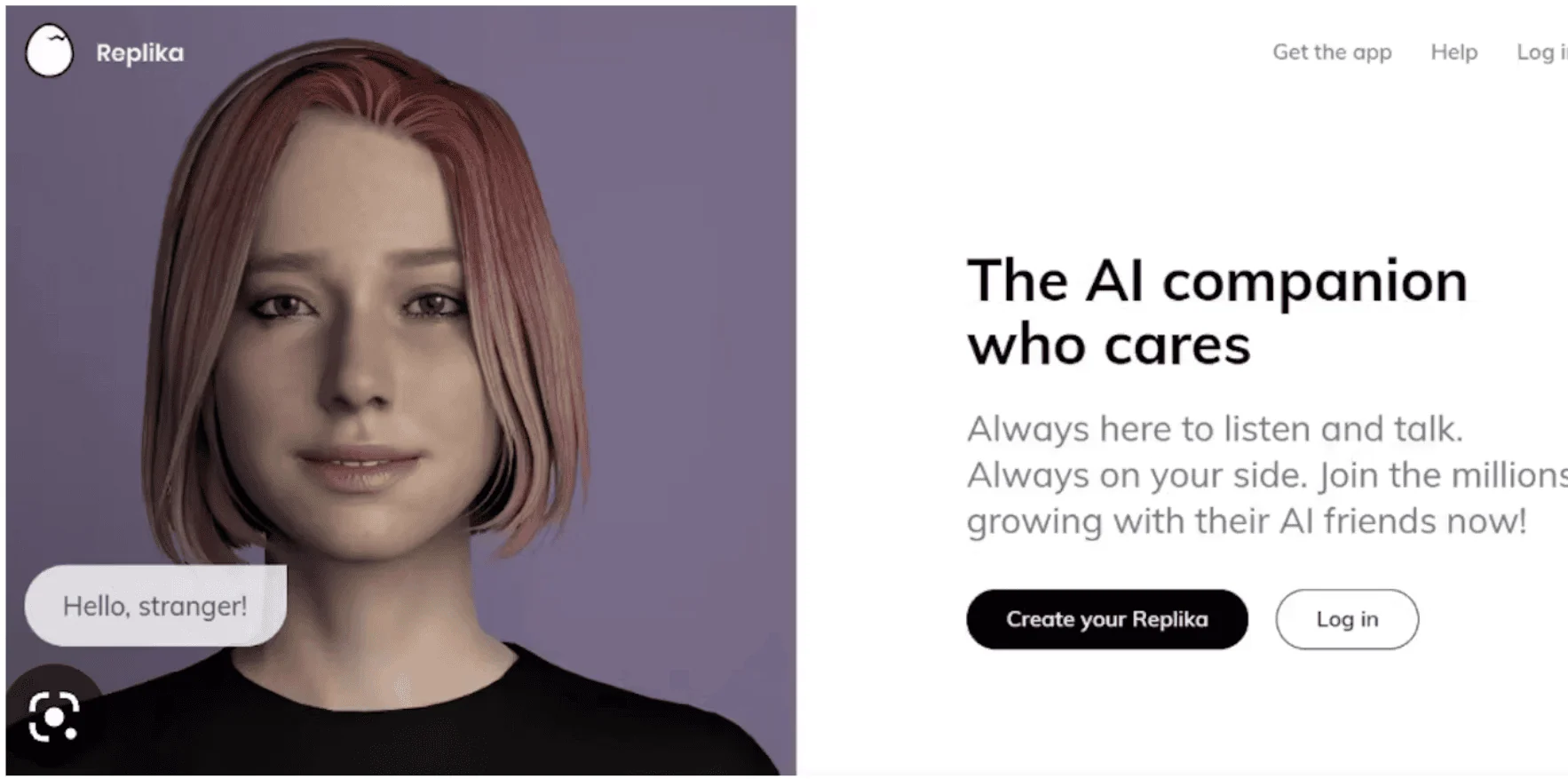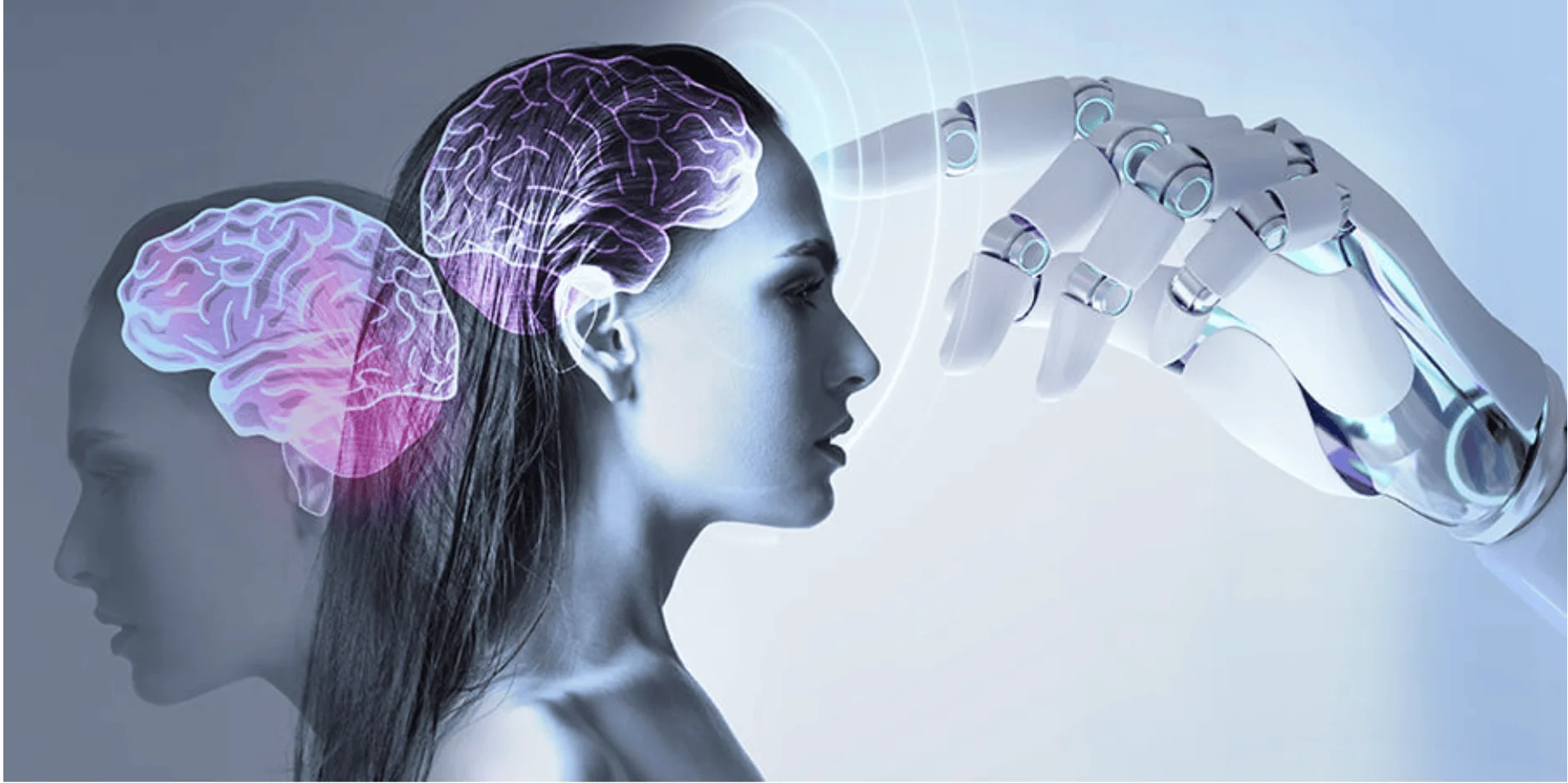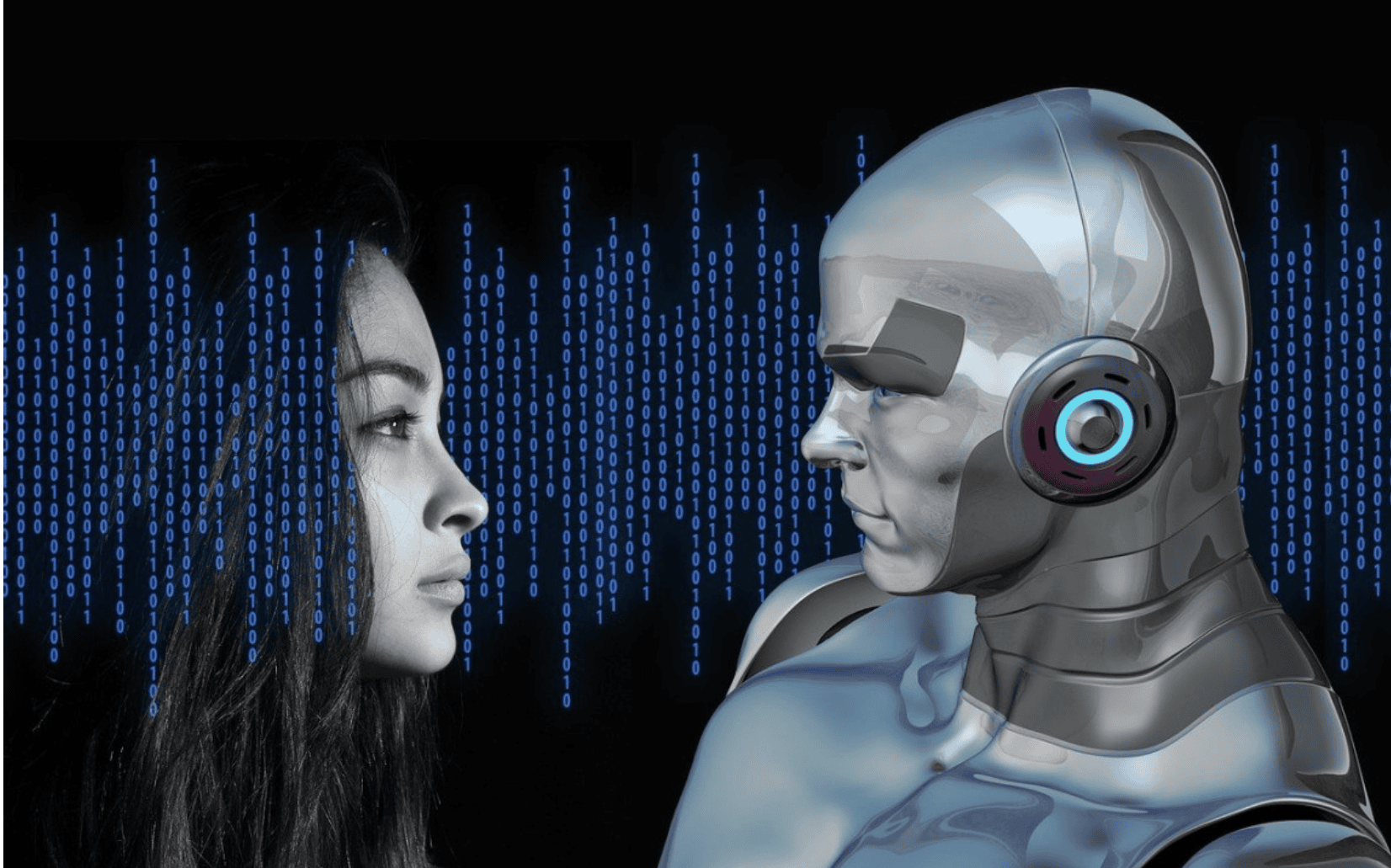
- Can AI companions reduce loneliness? You are lonely, I am lonely, and both of us need someone. But what happens if neither is ready for human interaction? Would you replace human touch with a robot friend?
These days, artificial intelligence (AI) is all around us, changing the way we work, chat, and connect with others. AI companions, like chatbots, have become refreshing solutions for loneliness, offering a bit of human-like interaction for anyone feeling a bit isolated.
Loneliness, with its well-documented negative consequences on health and well-being, has reached epidemic proportions in many communities worldwide. Being socially isolated for too long can lead to feelings of depression, anxiety, and even shorten our lives, which really shows how important it is to find ways to tackle this serious problem. In the past, people have tried to tackle loneliness through social networks and dating apps, which were some of the first tech ways to help make connections.
However, with recent developments in generative AI, solutions to loneliness are developing. AI tools are stepping in to help us connect, and they might even make direct human interaction less necessary. The rise in AI-powered companions and mental health apps is evidence of the field’s increasing potential and interest.
So, what is it about AI companions that draw users in from all over the world? As we dive into these tech advancements, what should we think about their effects on our feelings and social connections? What are the ethical consequences of relying on AI for companionship, and how do we strike a balance between digital interactions and the irreplaceable worth of human contact?
The Emergence of AI Companions

Although human companionship is unrivalled, the need for alternate kinds of connection has become increasingly apparent, particularly in the aftermath of the COVID pandemic. Many people, particularly the elderly, struggle to maintain constant interpersonal connections, making AI companionship a beneficial, but imperfect, option.
The concept of AI companions is not new, but recent advances have made it a practical possibility. AI companions are intended to provide emotional support while simulating characteristics of human interactions. One example is Replika, an artificial intelligence chatbot that may develop an emotional connection with its users through textual interactions and learn to provide more tailored responses over time.
Gatebox is also another invention that provides a holographic AI partner. This AI avatar is intended to engage with users throughout the day, sending messages, welcoming them home, and operating smart home appliances, creating a sense of presence and companionship.
AI companions is also making a significant impact in the caregiving field. AI technologies are being implemented in assisted living facilities and elderly care homes to help with chores such as medication reminders and activity scheduling. AI-powered robots also provide emotional engagement, reducing loneliness and improving residents’ quality of life.
AI as a Mental Health Support

Do you think you would be more comfortable opening up about your deepest feelings to a robot instead of a person?
This question is getting more and more important as chatbots and AI companions start to play a role in mental health support. These tools do more than just keep the conversation going; they can give helpful tips, assist with managing symptoms, and many more.
AI tools like Woebot are becoming popular for their helpful therapy features. It taps into cognitive behavioural techniques to keep an eye on how users are feeling, spot any signs of anxiety or depression, and provide personalised coping strategies. This form of support is accessible at all times, allowing consumers to receive prompt help in times of need.
Artificial intelligence is improving not only at analysing individual encounters but also at analysing massive volumes of patient data. Machine learning algorithms are capable of analysing a wide variety of data, including medical records, behavioural records, and even intervention service speech recordings. These tools can spot early warning signs, helping to catch mental health issues before they get out of hand.
The Appeal of AI Companionship

There are several key reasons why more and more people are turning to AI for companionship, and many of these are closely tied to the evolving ways we communicate in the digital age.
First, this change is being driven by the rapidly spreading epidemic of loneliness. As social isolation becomes more acknowledged as a significant health issue, AI companions provide a way to foster connection for individuals who may be missing out on human interaction.
The trend is particularly noticeable in Japan, where socioeconomic changes have resulted in an increase in the number of persons living alone. In these situations, AI companions can engage with individuals, bridging the emotional voids created by solitary living.
Second, AI provides convenience and control that are often absent in human relationships. Digital companions are always on hand, free from emotional baggage, and can be turned off whenever desired. This kind of adaptability attracts individuals seeking a relaxed way to engage—particularly those who may feel intimidated by the uncertainties of social interactions.
This brings us to a third point, where many people today enjoy engaging through digital communication, like texting or using social media, rather than having face-to-face conversations. This often stems from a fear of rejection or an unease with the unpredictability of face-to-face interactions.
AI companions, such as chatbots, fit well into this trend by offering a controlled and predictable mode of engagement. They provide a way for users to experience companionship while minimising the emotional risks associated with real-life interactions, addressing the need for emotional safety and reduced vulnerability.
Ethics Concerns in The Age of AI Companionship

As AI companions become a bigger part of our everyday lives, people are starting to wonder more about the ethical issues of relying on these technologies for emotional support. The big question is whether AI should take over human interaction or simply add to it.
Although AI companions can be comforting and helpful, the thought of becoming emotionally attached to machines—things that can’t feel human feelings back—raises serious ethical concerns. With so much reliance on AI, it might be difficult to distinguish between real friendship and artificial imitation.
Counting on these machines too much might set you up for some pretty high expectations or even a bit of emotional turmoil when you run into the limits of AI. Unfortunately, AI still has a long way to go before it can fully understand or mimic the complexity of human emotions. It can be helpful in many ways, such as assisting users in finding romantic partners or providing emotional support, but it cannot replace genuine human connections.
In addition to emotional concerns, the debate around AI companions is centred on privacy risks. These systems frequently monitor and gather massive amounts of personal data, such as verbal exchanges, browsing patterns, and even biometric information, to provide personalised experiences. This big data gathering undoubtedly raises important concerns about privacy and security.
How much of our feelings should we really hand over to machines that might mess with or leak our private info?
The collecting and processing of such data raises ethical concerns about data ownership, permission, and transparency. Lots of users may not really get how much of their personal info is being collected, saved, or used by AI companion systems, which could lead to certain privacy problems and misuse. There is also the possibility of unauthorised access or data breaches, which raises further concerns regarding the confidentiality and security of users’ private information.
As AI companions grow more common, addressing ethical and privacy concerns will be critical. It’s super important to have strong protections against data misuse and to clearly outline what AI can and cannot do when it comes to emotional support as we explore this fresh ground responsibly.
Finding The Balance Between Tech and Touch
AI companions have a lot of potential to help with loneliness and boost mental health by offering engaging and supportive interactions. These technologies, which range from robotic pets to smart speakers and AI-powered caregiving aids, provide essential support and emotional connection, especially to those who are socially isolated.
It is super important to think about the upsides and possible downsides of getting emotionally attached to AI. Despite the rapid development of new technologies, it is crucial to remember that human interactions are still the most important factor in ensuring emotional well-being. While AI will undoubtedly evolve and expand its role in our lives, it will be essential to maintain human interactions as the key to our emotional health in order to achieve a harmonious blend of technology and personal connection.









